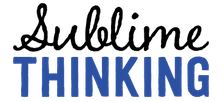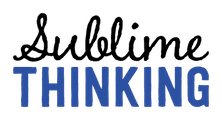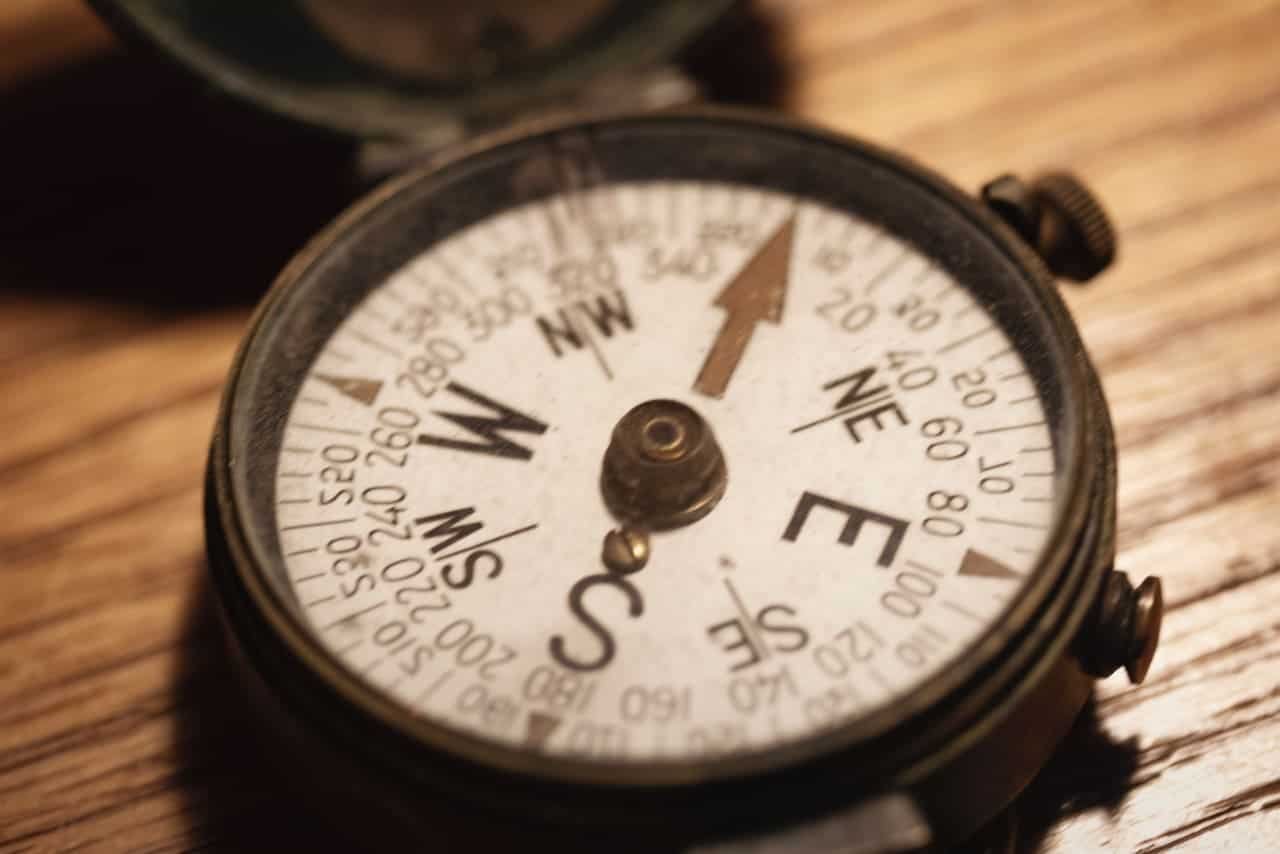Recalibrating to zero – are you ever tempted by the short cut?
Sat Nav… a nifty little invention….take a wrong turn and it tells you how to get back on the right track.
Human beings…an even niftier little invention….we once used to figure out the same thing for ourselves using paper maps!
Deciding which way to turn
Putting nostalgia to one side, work, study and life is a road full of different junctions for decision making and action taking. But after each little junction, it’s not always easy to get a feel for whether you’ve taken the right turn… that is, until it’s too late.
That’s because unlike the Sat Nav (which will reprogram itself to put you back on the right course even if you continue to take wrong turns), as humans, we rely on our awareness and feelings for guidance, or the guidance and awareness of others.
When the human navigation system works well, it can produce amazing results. But if enough little wrong turns are made over time, it can be hard for our internal compasses to recalibrate to zero, to get us back on the right track. That’s because we may not be aware of each little wrong turn that we make, or they may just feel minor or insignificant at the time. Or we may with sunny optimism, think that a short cut will eventually appear to get us right back on track.
The consequences – a musician’s story
Sadly, the consequences of a faulty human navigation system can have a profound impact on careers, businesses, studies and life in general.
It’s not unheard of to come across instrumentalists who have to retire due to repetitive strain type injuries, some of which may be a result of performing in cramped conditions in orchestra pits and spending month after month carrying around heavy instrument cases and luggage from city to city which can have a profound effect on posture and performing with ease – ultimately the notes no longer speak at all and careers can come to an abrupt end.
The parallels
However, it’s important to be aware that these types of consequences don’t just affect musicians, dancers or sportsmen and women (who all rely on good functioning muscles to perform well). They apply to us all, to the places where we work and study and the systems we have in place to make them function.
In order to successfully approach work, business or study, it’s important to monitor your awareness and think about where your next decision or action will actually take you, when looked at against where you want it to take you. And if that decision or action is going to take you slightly off course, you will need to ask yourself how you plan to get back on course.
In an age where there can be pressure for fast ‘results’, the temptation to take short cuts is ever present. But take the short cut often enough and there is a danger that short cuts become the normal and before you know it, your study, work or business plan can be blown completely off track.
The good news – old fashioned map reading still works!
Imagine for a moment that your work, study or business plan is to go from Paris to Rome by car. But also imagine that Sat Navs no longer exist and the mobile phone network is down too.
By going back to a paper map, you would actually physically plan how to get from A to B. And with that plan and knowledge in mind, you would also be able to start to develop an awareness of when you were veering off your planned route; so that you could work out (using your map) how to get back ‘en-route’ or plan a diversion.
However, this doesn’t just apply to road trips…
An untended consequence of Sat Nav?
Perhaps one unintended consequence of Sat Navs (in our cars and on our phones as we walk around) is that we have started to lose touch with the human art of visualisation. That is to visualise a real plan or action and picture how we intend to carry it out, be it at work, study, or in life.
Without practicing that art, we need to be aware that our fall back isn’t Sat Nav. The fall back is to our own internal navigation systems. But unless we have visualised and have some form of sensory awareness of how to carry out a plan or action, our internal navigation systems may start to become faulty, through no fault of their own.
So, the next time you travel somewhere, perhaps think about using a paper map as your source of navigation and think how a similar system could help you be more effective in work, study and life. The results may begin to surprise you.








